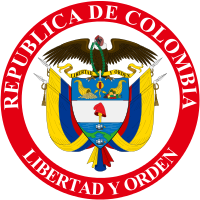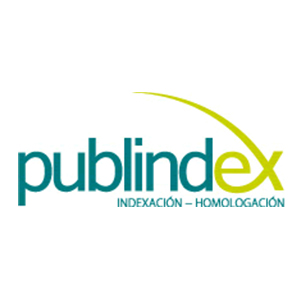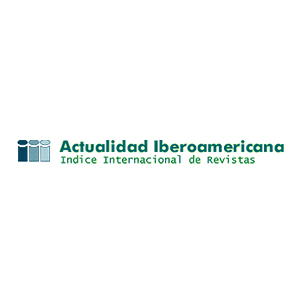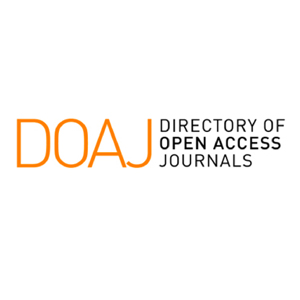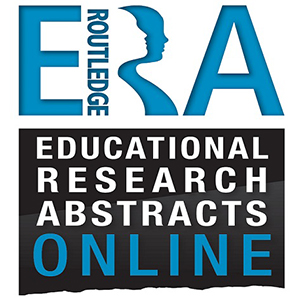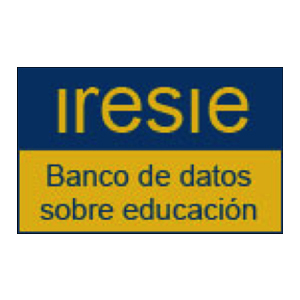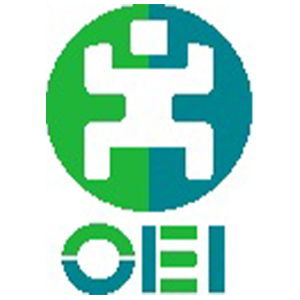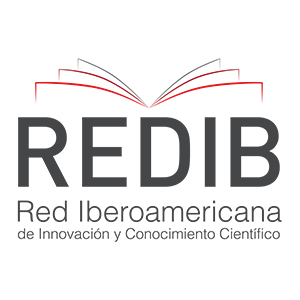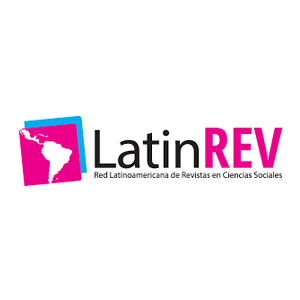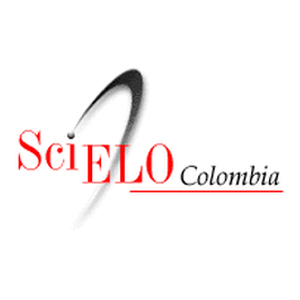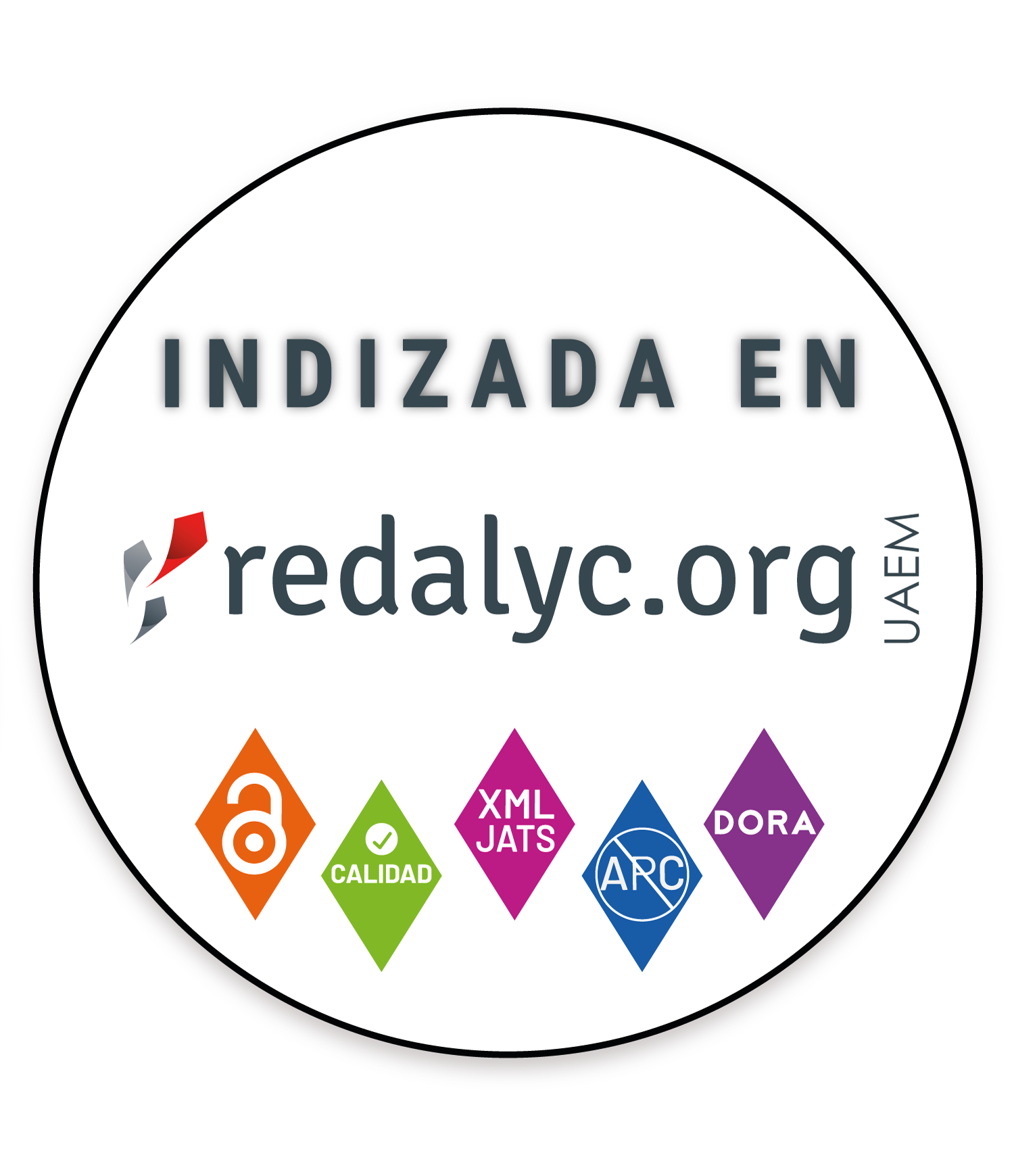¿CÓMO APOYAR A LOS PROFESORES DE CIENCIAS EN FORMACIÓN A PLANEAR UNA INVESTIGACIÓN BASADA EN LA MODELIZACIÓN CIENTÍFICA?
Involucrar a los estudiantes en las prácticas de modelización científica es de creciente interés para la educación en ciencias.
Se presentan avances de una investigación basada en el diseño (IBD) enfocada en diseñar, implementar y estudiar dos tipos de apoyos para que los profesores en formación aprendan a planear investigaciones basadas en estas prácticas: pedagogías y herramientas específicas. En el contexto de un curso de enseñanza de las ciencias en la educación primaria, se trabajó con 24 profesores en formación organizados en 6 grupos. Resultados indican dos características importantes en el aprendizaje: a) la integración de ideas de la disciplina con la modelización científica, b) la revisión de dicha integración para establecer qué y cómo enseñar. Se discute cómo apoyos específicamente diseñados favorece que los futuros profesionales aprendan a tomar decisiones epistemológicas y pedagógicodidácticas para guiar y apoyar a los estudiantes en el desarrollo de investigaciones de aula basadas en la modelización científica.
Acher, Andrés. (2014). Cómo facilitar la modelización científica en el aula. Tecné, Episteme y Didaxis: TED, 1(36), 63–75.
https://doi.org/10.17227/01213814.36ted63.75
Acher, Andres, & Arcà, M. (2017). Transformation Boxes (TBs): a system-based guidance to support elementary teacher
students to teach and learn scientific modeling. A example through Biological Core Ideas.
Acher, Andrés, Arcà, M., & Sanmartí, N. (2007). Modeling as a Teaching Learning Process for Understanding Materials: A
Case Study in Primary Education. Science Education, 91(1), 398–418. https://doi.org/10.1002/sce
Design-Based Research Collective. (2003). Design-Based Research: An Emerging Paradigm for Educational Inquiry.
Educational Researcher, 32(1), 5–8. https://doi.org/10.3102/0013189X032001005
Engle, R. A., & Conant, F. R. (2002). Guiding Principles for Fostering ProductivernDisciplinary Engagement: Explaining an
EmergentrnArgument in a Community of Learners Classroomr. Cognition and Instruction, 20(4), 399–483.
https://doi.org/10.1207/S1532690XCI2004
Forzani, F. M. (2014). Understanding “Core Practices” and “Practice-Based” Teacher Education: Learning From the Past.
Journal of Teacher Education, 65(4), 357–368. https://doi.org/10.1177/0022487114533800
Gallego, D. E., Quiceno, Y., & Pulgarín, D. (2014). Unidades didácticas: Un camino para la transformación de la enseñanza
de las ciencias desde un enfoque investigativo. In VI Congreso Internacional sobre Formación de Profesores de
Ciencias (pp. 923–934). Bogotá: Revista Tecné, Episteme y Didaxis: TED.
Goodwin, C. (1994). Professional Vision. American Anthropologist, 96(3), 606–633.
https://doi.org/10.1525/aa.1994.96.3.02a00100
Grossman, P., Compton, C., Igra, D., Ronfeldt, M., Shahan, E., & Williamson, P. W. (2009). Teaching practice: A crossprofessional
perspective. Teachers College Record, 111(9), 2055–2100.
Kademian, S. M., & Davis, E. A. (2018). Supporting Beginning Teacher Planning of Investigation-Based Science Discussions.
Journal of Science Teacher Education, 29(8), 712–740. https://doi.org/10.1080/1046560X.2018.1504266
Kultusministerkonferenz (KMK). (2004). Bildungsstandards der kultusministerkonferenz. Erläuterungen zur konzeption und
entwicklung. Berlin, Germany: Luchterhand.
Manz, E. (2012). Understanding the codevelopment of modeling practice and ecological knowledge. Science Education,
(6), 1071–1105. https://doi.org/10.1002/sce.21030
Marzabal, A., & Delgado, V. (2018). Trayectorias de aprendizaje en la planificación de secuencias didácticas: Promoviendo
la enseñanza orientada a la modelización en la formación inicial de profesores de Química. In VIII Congreso
Internacional de formación de Profesores de Ciencias para la Construcción de Sociedades Sustentables. Bogotá:
Revista Tecné, Episteme y Didaxis: TED.
McDonald, S. (2016). The Transparent and the Invisible in Professional Pedagogical Vision for Science Teaching. School
Science and Mathematics, 116(2), 95–103. https://doi.org/10.1111/ssm.12156
Ministerio de Educación Nacional (MEN) (2016). Derechos Básicos de Aprendizaje: Ciencias Naturales. Panamericana
Formas E. Impresos S.A.
National Research Council (NRC) (2012). A Framework for K-12 Science Education : Practices , Crosscutting Concepts , and
Core Ideas. Social Sciences. Washington, D.C.: The National Academies Press. https://doi.org/10.17226/13165
Ozcelik, A., & McDonald, S. P. (2019). Discourse of Professional Pedagogical Vision in Teacher Education. In G. J. Kelly & J.
L. Green (Eds.), Theory and Methods For Sociocultural Research in Science Teaching and Engineering Education
(pp. 181–205). New York and London: Routledge, Taylor & Francis Group.
Reiser, B. J. (2004). Scaffolding complex learning: The mechanisms of structuring and problematizing student work. In
Journal of the Learning Sciences. https://doi.org/10.1207/s15327809jls1303_2
Ruge, L. A., & Mosquera, C. J. (2018). La modelización en la enseñanza de los conceptos de sustancia y mezcla. In VIII
Congreso Internacional de formación de Profesores de Ciencias para la Construcción de Sociedades Sustentables.
Bogotá: Revista Tecné, Episteme y Didaxis: TED.
Wickman, P. O. (2012). Using pragmatism to develop didactics
APA
ACM
ACS
ABNT
Chicago
Harvard
IEEE
MLA
Turabian
Vancouver
Descargar cita
Visitas
Descargas
Licencia

Esta obra está bajo una licencia internacional Creative Commons Atribución-NoComercial 4.0.
Todo el trabajo debe ser original e inédito. La presentación de un artículo para publicación implica que el autor ha dado su consentimiento para que el artículo se reproduzca en cualquier momento y en cualquier forma que la revista Tecné, Episteme y Didaxis: TED considere apropiada. Los artículos son responsabilidad exclusiva de los autores y no necesariamente representan la opinión de la revista, ni de su editor. La recepción de un artículo no implicará ningún compromiso de la revista Tecné, Episteme y Didaxis: TED para su publicación. Sin embargo, de ser aceptado los autores cederán sus derechos patrimoniales a la Universidad Pedagógica Nacional para los fines pertinentes de reproducción, edición, distribución, exhibición y comunicación en Colombia y fuera de este país por medios impresos, electrónicos, CD ROM, Internet o cualquier otro medio conocido o por conocer. Los asuntos legales que puedan surgir luego de la publicación de los materiales en la revista son responsabilidad total de los autores. Cualquier artículo de esta revista se puede usar y citar siempre que se haga referencia a él correctamente.

